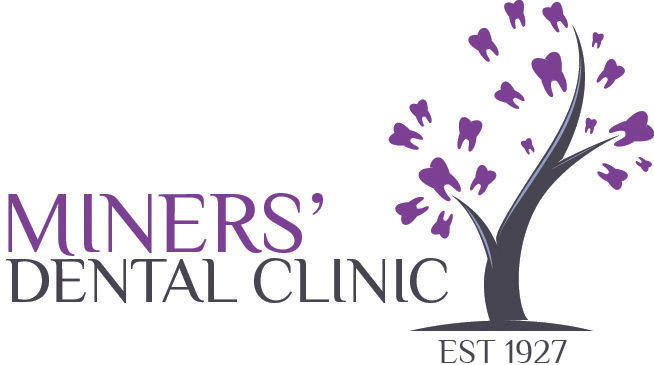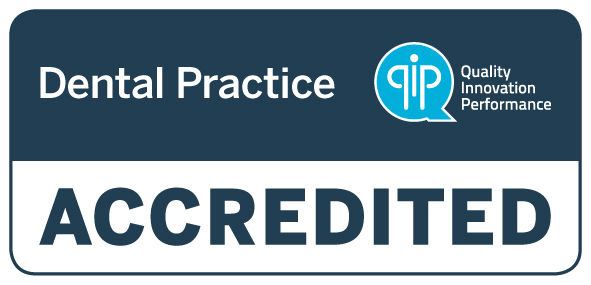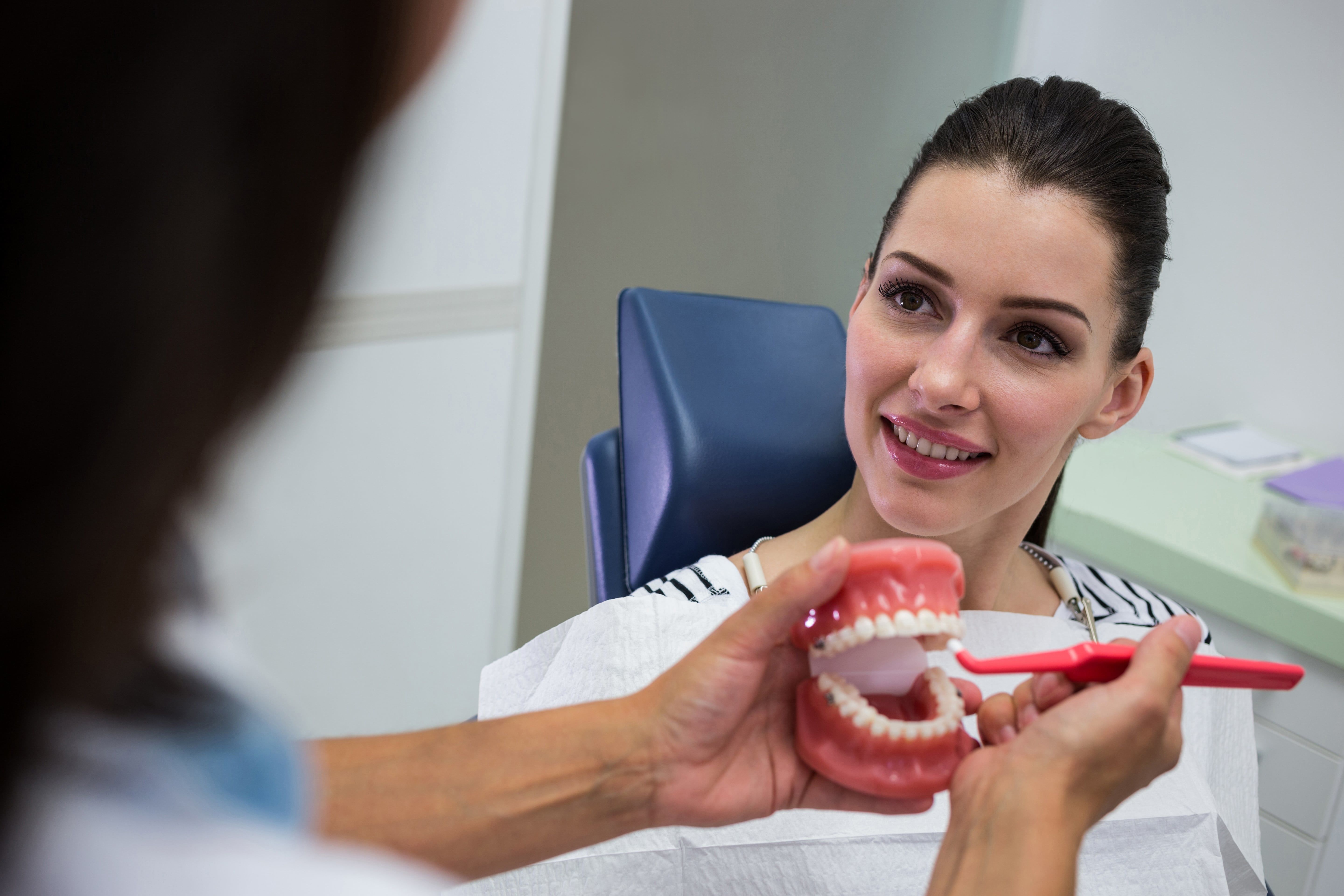Having dentures can be an exciting experience, but many people don�t realize just how much work goes into taking care of them properly. It�s not as simple as brushing your teeth: you need to think about cleaning, soaking, and proper storage and maintenance.
But fear not! In this blog post, we are going to go through everything there is to know about looking after your dentures so that both you and your pearly whites can stay healthy for years to come.
The best way to clean dentures
The best way to clean dentures is to brush them daily with a soft-bristled brush and a non-abrasive, non-bleach denture cleanser. It's important to use the right type of brush because it will help to prevent scratches and damage on the dentures. When brushing the dentures, make sure to place them in a sturdy cup or sink filled with warm water, which will help keep them from drying out and becoming brittle.
As you brush the dentures, use slow circular motions in order to get into all the crevices of the appliance. Many people also choose to soak their dentures overnight in order to really deep clean them, but this is not necessary on a regular basis as long as they are brushed regularly.
When cleaning your dentures, it�s important not to use any acidic cleaners or abrasive materials such as toothpaste or baking soda as these can cause irreparable damage. For tougher stains and discoloration, a commercial denture cleaner or dental tablets may be used but should be avoided on metal or plastic parts of the appliance.
Additionally, it�s important never to put your dentures in boiling water as this can weaken and deform them. Instead offer you should rinse them with cool water after every meal and soak them at least once per day for 15 minutes in lukewarm water mixed with a mild dishwashing detergent or special dental cleaner designed for dentures. To finish off the cleaning process rinse your dentures thoroughly with cold water before putting them back into your mouth so that no residue is left behind that could damage your gums.
step-by-step guide in cleaning dentures
1. Before beginning any cleaning routine, make sure your dentures are secure and that the gums and other soft tissues in your mouth are covered with a damp cloth or plastic wrap.
2. Soak your dentures overnight in an approved denture cleansing solution. This will help loosen food particles, plaque, and tartar buildup. Make sure to use only products specifically designed for dentures as regular toothpaste or mouthwash can be too abrasive and cause damage to the plastic material of the denture.
3. After soaking, carefully rinse off all of the cleansing solution from your denture with tap water before placing it back in your mouth.
4. Next take a soft-bristled toothbrush or specialized denture brush and gently scrub both sides of the appliance to remove any remaining debris that may have been loosened during the soaking process. It�s important not to apply too much pressure when brushing because this can cause permanent damage or warping of the appliance material over time.
5. After brushing, rinse off any residual cleaning agents or food particles that may still be present on the surface of your appliance with warm water before placing it back in your mouth.
6. Lastly, once you�ve completed the above steps, you should sanitize your appliance by soaking it in a solution made up of half white vinegar and half warm water for several hours every month (or more frequently if advised by your dentist).
How often should you clean your dentures?
Ideally, dentures should be cleaned every day with a soft-bristled toothbrush and a special denture cleaner. Soaking the dentures overnight in a solution of lukewarm water and mild, unscented dishwashing liquid is also recommended. It is important to rinse off all of the cleaners after brushing as some types contain abrasive ingredients that can damage the surface of the denture.
Additionally, you should use good quality hand soap to clean your hands before handling your dentures, as bacteria from your hands could cause infection or gum irritation if transferred to the dentures. Once a week, you should use an effervescent denture cleaner tablet or cleaning powder for deeper cleaning. This will help break down stains and plaque to ensure your dentures look their best for years to come.
Finally, it is important to regularly inspect your dentures for any signs of wear or damage and visit your dentist if any problems are found. Regularly maintaining and cleaning your dentures is essential in order to keep them looking their best and functioning properly.
If you need more help in taking care of your dentures, contact Miners Dental Clinic now!


